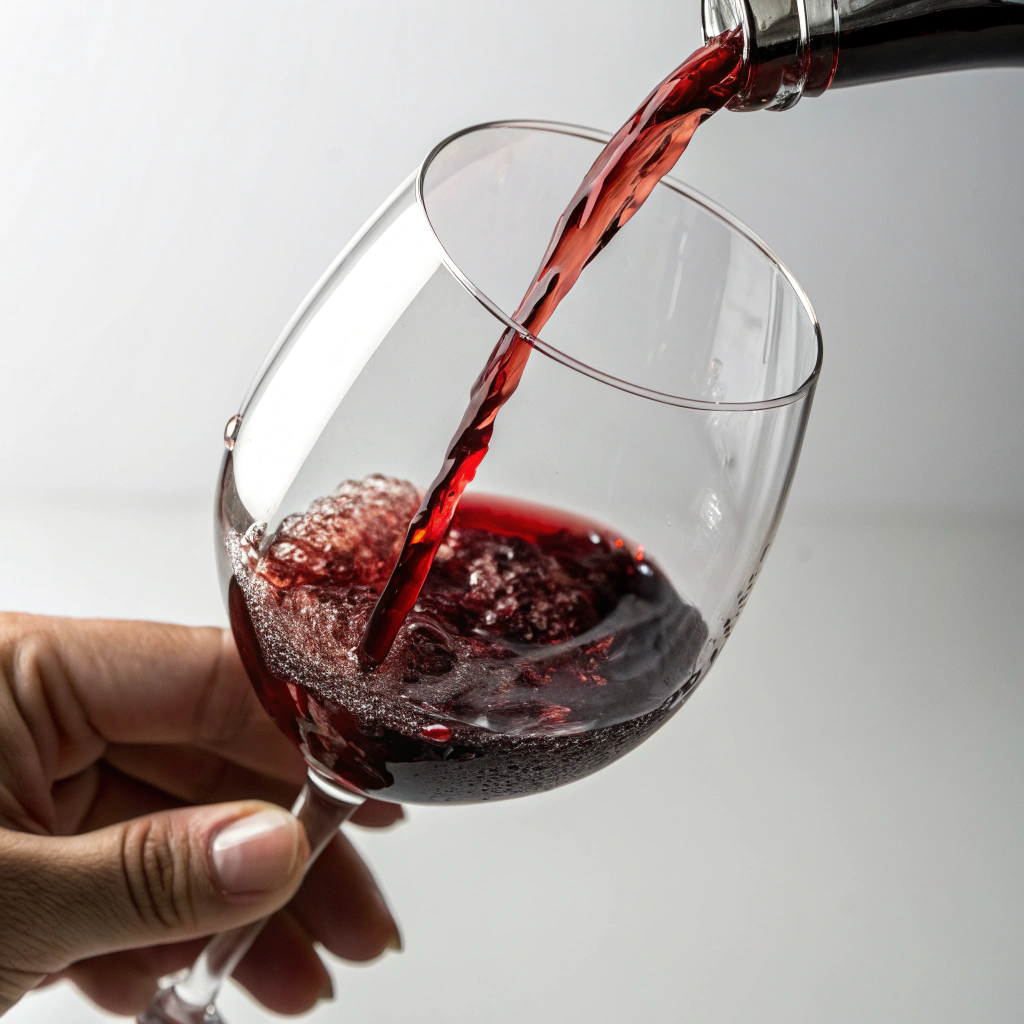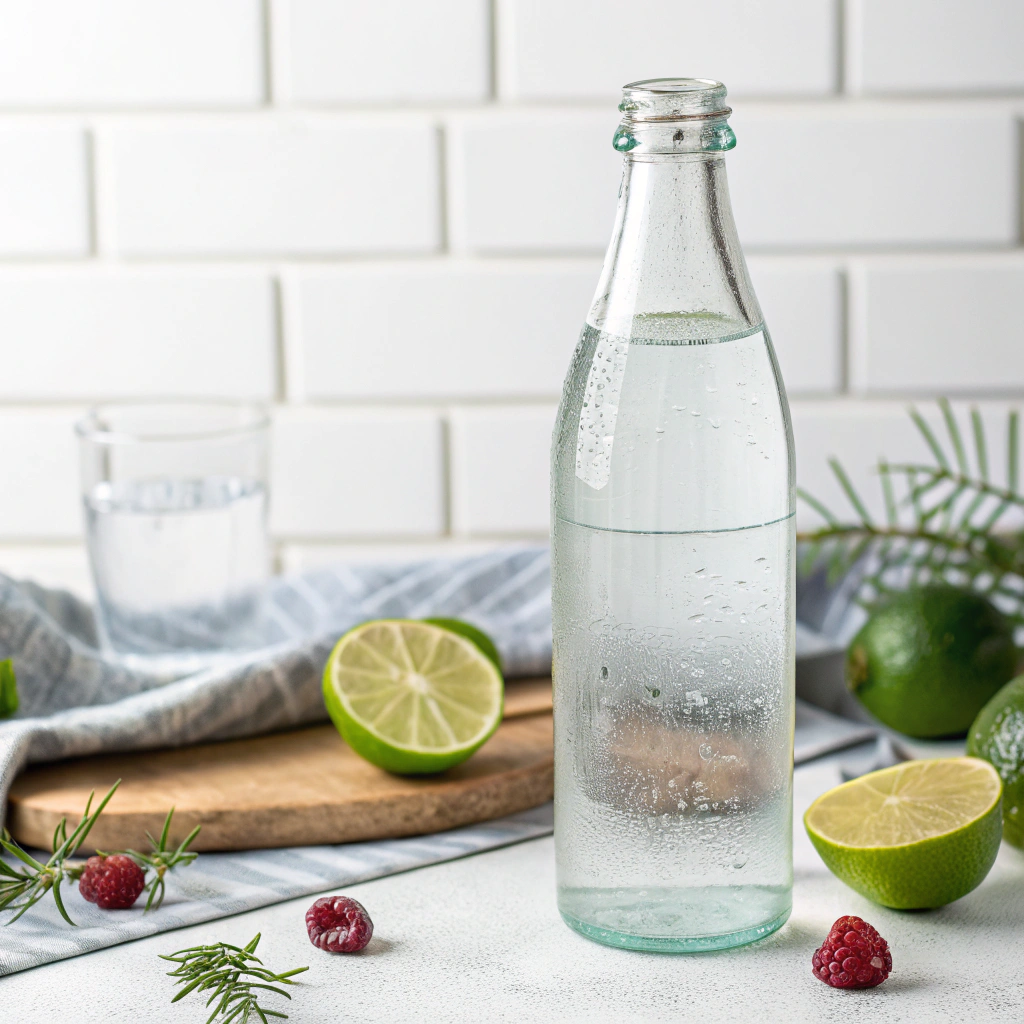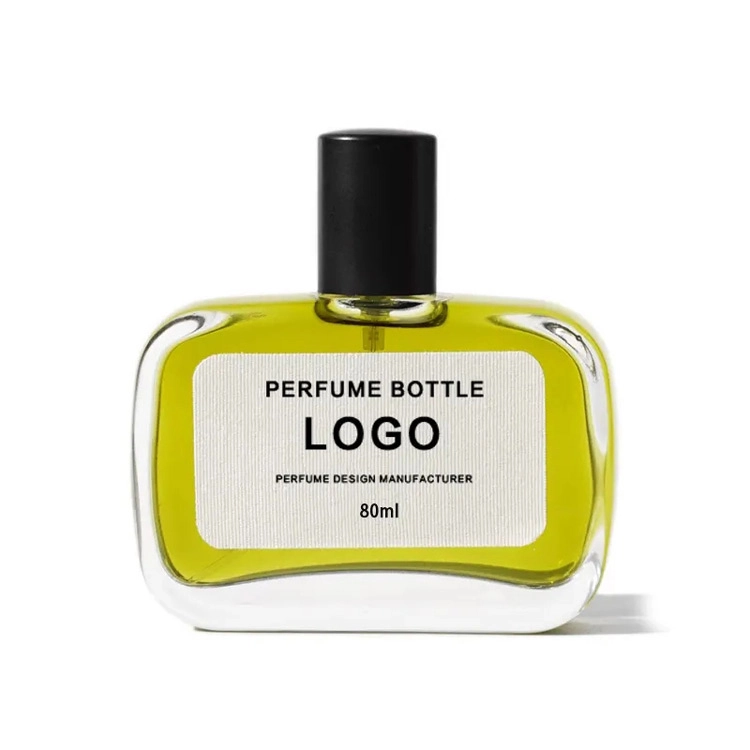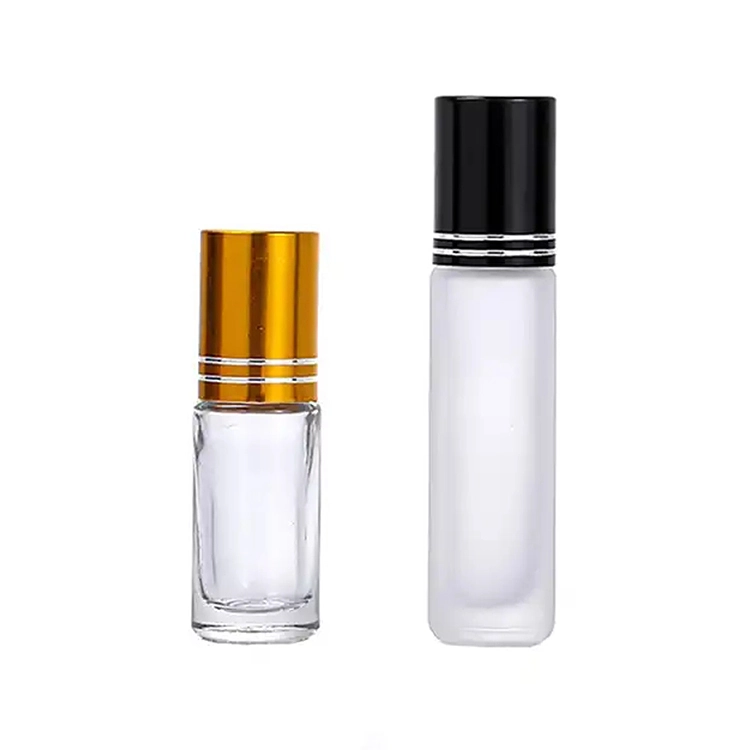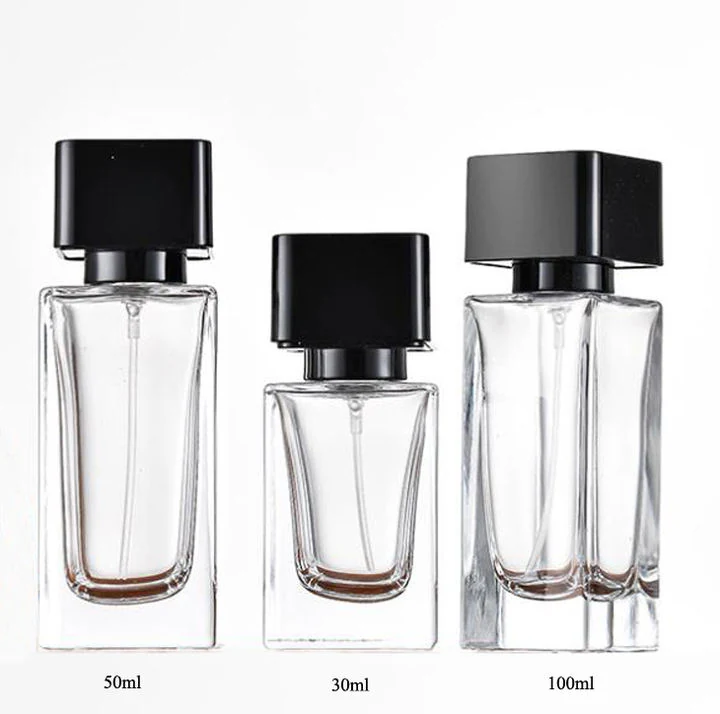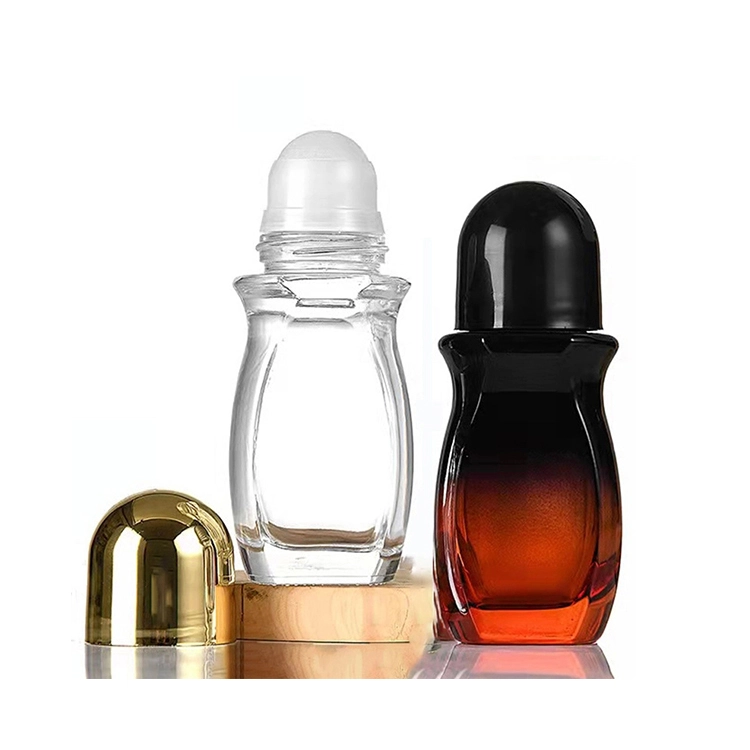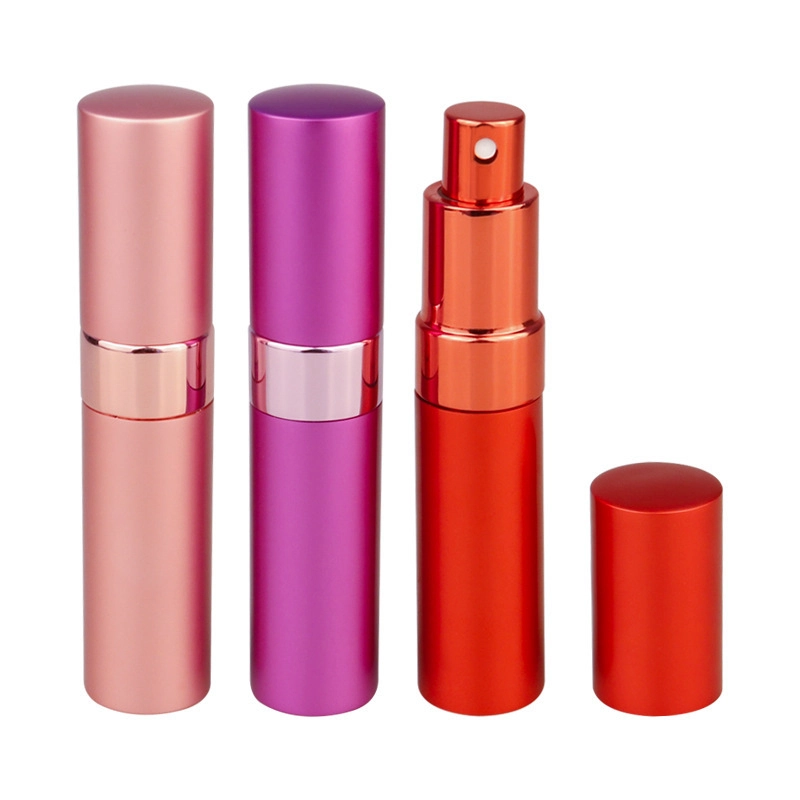
Part 1: Market Size and Growth
Micronesia, as a region of small island nations, has no large-scale glass bottle manufacturing plants. Most glass bottles are imported from Asia, Australia, and the United States, since the local markets are too small to support heavy production facilities. Still, demand exists, especially from beverage producers, hospitality businesses, and small-scale cosmetic firms.
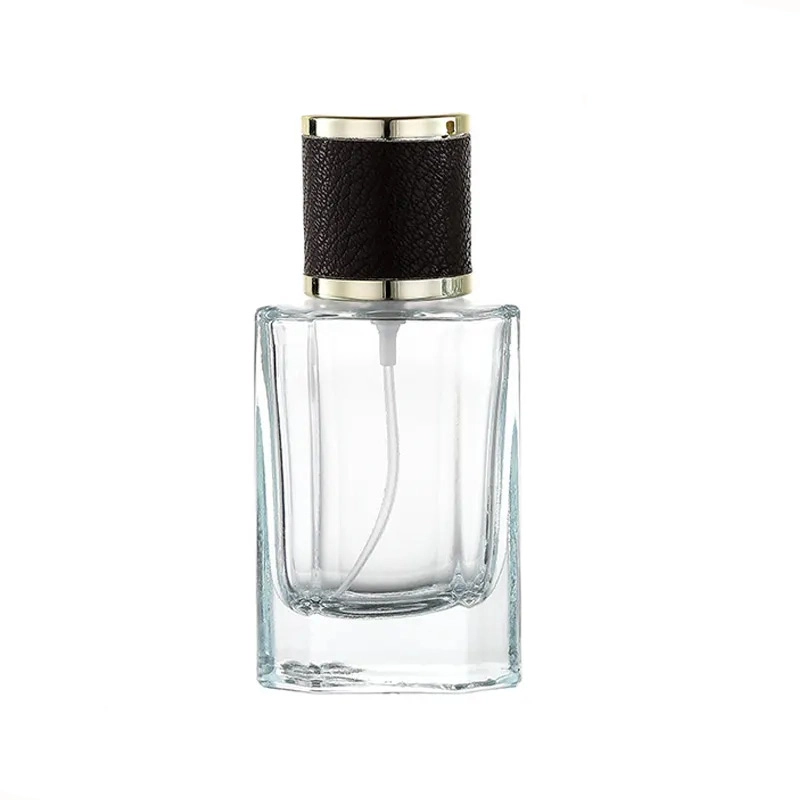
The market is shaped by the tourism industry, where hotels, restaurants, and souvenir shops prefer glass bottles for their premium and sustainable image. Local beverage companies also rely on glass packaging for juices, beers, and soft drinks. Growth is tied less to volume and more to eco-friendly policies and consumer preferences.
Sustainability is a key driver in Micronesia’s packaging sector. Governments across the islands support green initiatives and encourage alternatives to plastic. Glass bottles fit these goals well, making imports and small-scale artisanal solutions important for future growth.
Part 2: Leading Companies
Island Craft Workshops
In Pohnpei and Chuuk, small craft workshops produce artisanal glass bottles for perfumes, oils, and decorative uses. These businesses are small but significant in preserving cultural craftsmanship.
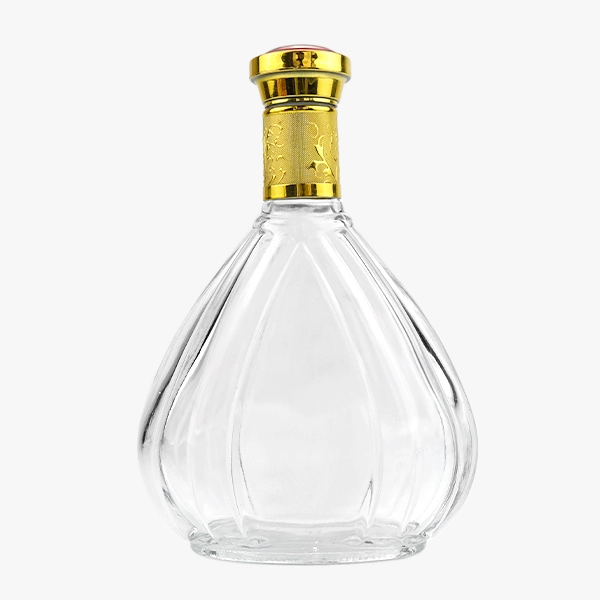
They mainly serve the tourism industry, offering handmade bottles for souvenirs and boutique shops. Innovation lies in blending traditional Micronesian motifs with modern functional designs. These workshops have received cultural recognition for supporting artisanal industries.
Pacific Imports & Distribution
Pacific Imports & Distribution is based in the Federated States of Micronesia and specializes in importing glass bottles from Asian and U.S. suppliers.
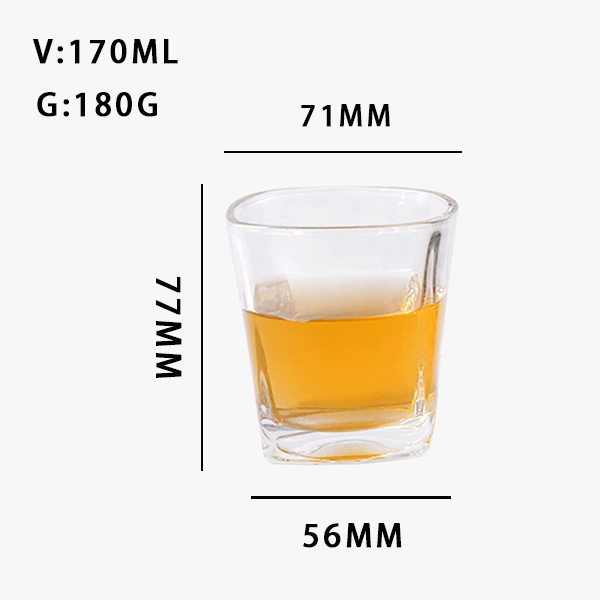
It supplies beverage companies, hotels, and cosmetic firms with bulk packaging solutions. Its industries include food, beverages, and retail packaging. The company’s innovation lies in providing reliable logistics and flexible customization options. Certifications are inherited from international partners, ensuring packaging safety.
Guam Packaging Services
Although based in Guam, this distributor plays an important role for Micronesian businesses. It provides glass bottles to hotels, restaurants, and beverage producers across the islands.
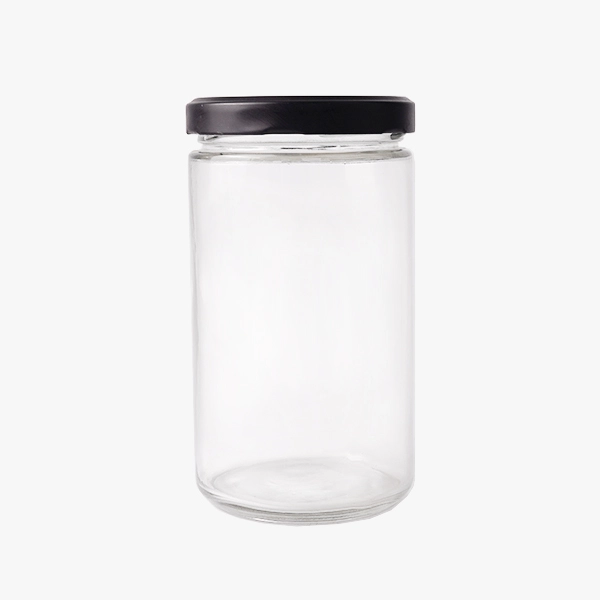
The company offers standard beverage bottles, perfume bottles, and jars. It focuses on sustainability and eco-friendly materials. Industries served include hospitality, food production, and cosmetics. Certifications come from U.S. packaging regulations and supplier standards.
| Company | Founded | Core Products | Industries | Certifications |
|---|---|---|---|---|
| Island Craft Workshops | Local initiatives | Handmade bottles | Tourism, cosmetics | Cultural recognition |
| Pacific Imports & Distribution | 2000s | Imported glass bottles | Beverage, food, hotels | International supplier standards |
| Guam Packaging Services | Ongoing | Beverage and perfume bottles | Hospitality, cosmetics, food | U.S. packaging compliance |
Part 3: Trade Shows and Industry Events
Micronesia Island Fair
The Micronesia Island Fair is a cultural and trade event that features local crafts and small-scale industries. Artisanal glass bottles are often showcased as part of cultural and souvenir packaging.
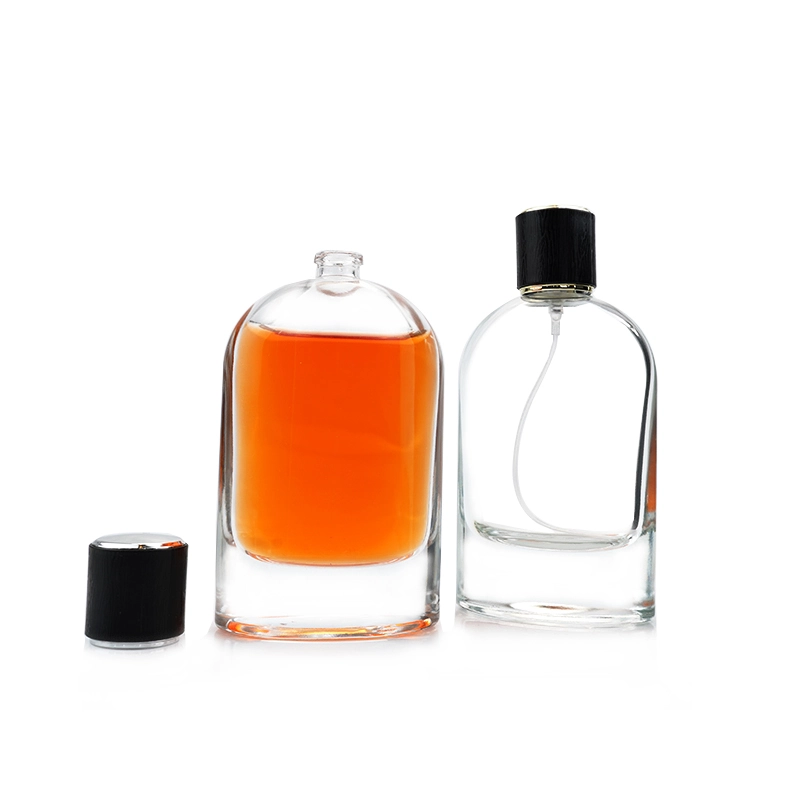
The event is held annually in Guam and attracts businesses from across the region. Highlights include cultural displays, artisanal products, and opportunities for small suppliers to connect with buyers.
Pacific Islands Trade & Investment Forum
This forum brings together businesses from across the Pacific, including Micronesia. Packaging, logistics, and sustainable solutions are major themes.
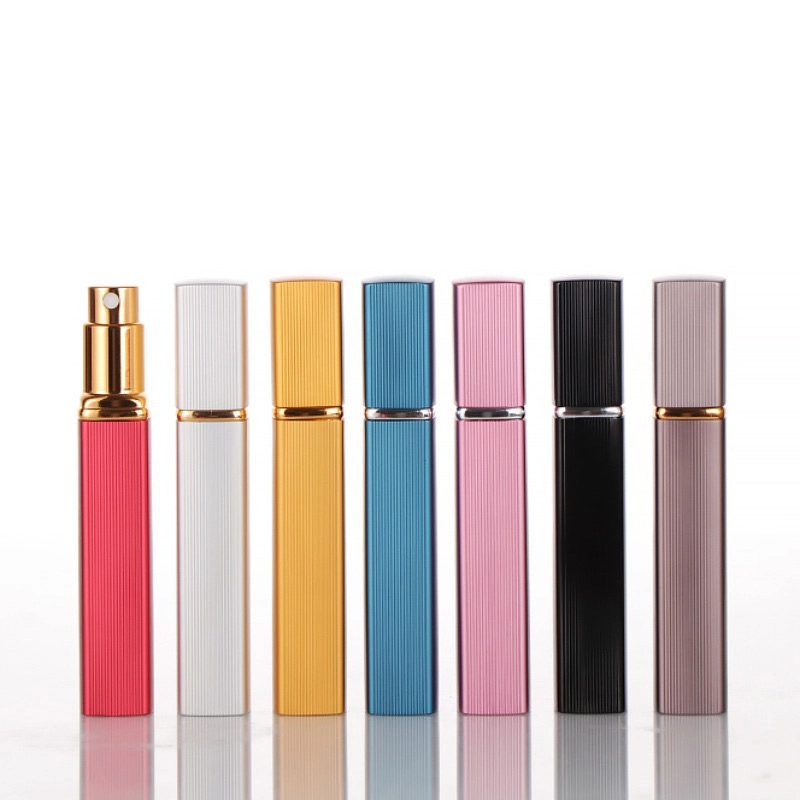
Micronesian businesses use the event to connect with larger manufacturers and explore new trade partnerships. Highlights include discussions on eco-friendly packaging, regional supply chains, and tourism-related products.
| Event | Date | Location | Highlights |
|---|---|---|---|
| Micronesia Island Fair | Annual | Guam | Cultural crafts, artisanal bottles |
| Pacific Islands Trade & Investment Forum | Annual | Rotating Pacific hubs | Packaging, sustainability, trade |
Part 4: Impact of Global Trade Policies
Micronesia depends heavily on imports for glass bottles. Global shipping policies, tariffs, and rising freight costs directly affect availability. Any disruption in Asian or U.S. supply chains can create shortages in the islands.
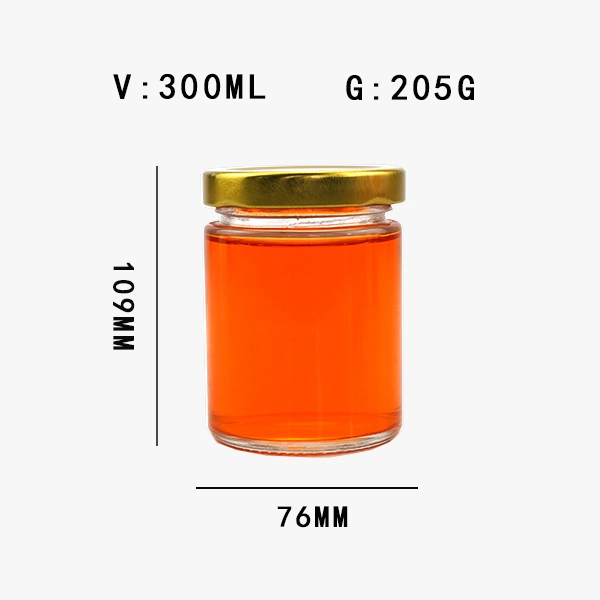
Regional cooperation through Pacific trade agreements helps reduce barriers. However, long shipping routes and dependence on foreign suppliers remain challenges. To reduce risk, local distributors maintain partnerships with multiple suppliers across Asia and the Pacific.
Global policies on sustainability also play a role. The move away from plastic packaging increases reliance on glass imports. This trend creates opportunities for suppliers but also raises costs for small businesses in Micronesia.
Part 5: Conclusion
Micronesia has no large glass bottle factories, but it has a mix of artisanal production and strong import networks. Tourism and beverages are the main industries driving demand. Eco-friendly policies make glass an attractive choice for both businesses and consumers.
Challenges include reliance on imports, high logistics costs, and vulnerability to shipping delays. Yet opportunities exist in cultural packaging, tourism-driven demand, and regional partnerships. Micronesia’s glass bottle industry will likely grow as sustainability and boutique markets continue to expand.
Recommended Reading:
- Glass Bottle Manufacturers in Mauritius
- Glass Bottle Manufacturers in Mauritania
- Glass Bottle Manufacturers in Marshall Islands
- Glass Bottle Manufacturers in Malta
- Glass Bottle Manufacturers in Mali
- Glass Bottle Manufacturers in Maldives
- Glass Bottle Manufacturers in Malawi
- Glass Bottle Manufacturers in Luxembourg
Nescafe Classic Coffee Glass Jar 100g
250ml glass milk bottles
Amber glass bottles 500ml Manufacturers
Glass Bottle Manufacturers in Egypt

